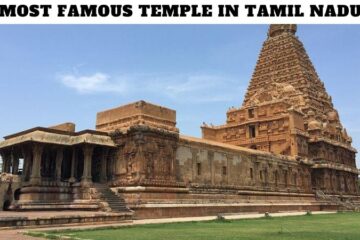
The question of who is the most powerful god across all religions is a complex one, rooted in diverse cultural, historical, and theological contexts. It’s essential to approach this topic with respect for different faiths and their unique understandings of the divine.
The Challenge of Comparison
Comparing deities from different religions is challenging for several reasons:
- Different Concepts of Power: Different religions have varying conceptions of power. Some emphasize omnipotence (unlimited power), while others focus on other attributes like wisdom, love, or creation.
- Polytheistic vs. Monotheistic: Some religions have multiple deities, each with specific domains of power, while others believe in a single supreme being.
- Symbolic vs. Literal: Many religious concepts are symbolic rather than literal, making direct comparisons difficult.
Some Prominent Figures
While acknowledging the complexities, it’s worth exploring some of the most powerful deities in different religions:
- Hinduism:
- Brahma: Often considered the creator of the universe.
- Vishnu: The preserver of the world, believed to have incarnated multiple times.
- Shiva: The destroyer and regenerator, associated with both creation and destruction.
- Christianity:
- God: Often referred to as omnipotent, omniscient, and omnipresent.
- Islam:
- Allah: Considered the sole creator and ruler of the universe, possessing absolute power.
- Greek Mythology:
- Zeus: The king of the gods, ruling over Mount Olympus.
Beyond Power: Divine Attributes
Rather than focusing solely on power, many religions emphasize other divine qualities:
- Love and Compassion: Religions like Christianity and Buddhism highlight the love and compassion of their central figures.
- Wisdom and Knowledge: Many deities are seen as embodiments of wisdom and knowledge.
- Justice and Righteousness: Some religions emphasize the divine as the ultimate source of justice and righteousness.
The Importance of Respect
Ultimately, determining the “most powerful” god is a subjective question with no definitive answer. What matters most is understanding and respecting the beliefs of others. Each religion offers unique perspectives on the divine, and these perspectives have shaped human history and culture in profound ways.
Disclaimer: The concept of power, as understood in human terms, is often limited in its application to divine beings. Many religions emphasize qualities like love, compassion, and wisdom over power. This blog explores different perspectives on divine power without making definitive judgments.


